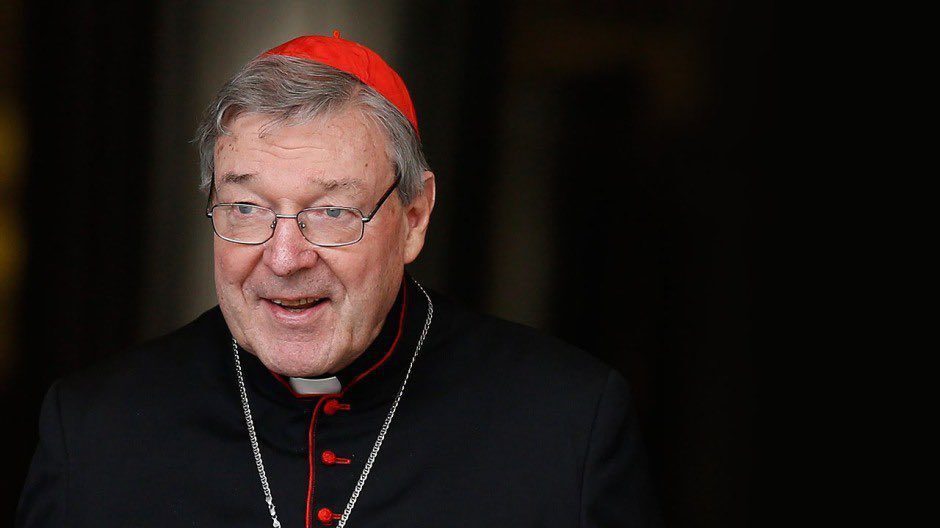Cardinal George Pell, 81, has died in Rome following complications from hip replacement surgery. His personal secretary confirmed the news to The National Catholic Register on Tuesday evening, January 10th.
According to his secretary, Father Joseph Hamilton, that afternoon’s operation had been “successful” and Pell was “in good spirits.” The cardinal however soon went into what seemed like cardiac arrest, which proved fatal.
The cardinal was known to suffer from heart issues and had a pacemaker fitted in 2010. A later autopsy is to determine the precise cause of death.
Born in Ballarat, Australia, Pell studied at the Pontifical Urban University in Rome. He was ordained a priest in 1966, and, after specializing in theology, studied at Oxford where he majored in church history.
From the early 1970s on, he worked in a number of parishes in his home diocese. Between the years 1985-1987, he was the rector of Corpus Christi Seminary. After this period, he experienced an impressive rise through the ranks of the Catholic clergy.
In 1987, Pope John Paul II appointed him titular bishop of Scala and auxiliary bishop of Melbourne, and in 1996 he was promoted to Metropolitan Archbishop of Melbourne. In that role, he established the so-called ‘Melbourne response’ to handle and investigate child sex abuse complaints, a measure which was then hailed as a world first. However, Australia’s Royal Commission into Institutional Responses to Child Sexual Abuse claimed that he knew of child sexual abuse by clergy by the 1970s but had not taken adequate action to address it. At the time, Pell said he was “surprised” by the findings and stated that the commission’s views were “not supported by evidence.”
In 2001, he became Metropolitan Archbishop of Sydney, and, two years later, was appointed Cardinal of the Holy Roman Church.
In 2013, Pope Francis appointed him a member of the Council of Cardinals for the reform of the Roman Curia, and the following year he became prefect of the Secretariat for the Economy. In the latter’s role, he applied himself to cleaning up the Vatican Bank, a task in which he made significant progress, demanding a professional audit of all curial departments.
Pell’s work cleaning up the Vatican’s finances abruptly ended when he was accused of sexually abusing two boys in 1996, claims Pell strenuously denied. In 2019, an Australian court convicted him and sentenced him to 6 years imprisonment.
In 2020, after Pell had served 404 days of his sentence, the conviction was unanimously overturned by all seven judges in the High Court of Australia. Pell, who had stoically endured his tribulations, had kept a journal chronicling his stay in prison, which was later published.
Pell had always been unequivocal in his denial of the allegations made against him. Together with his allies and supporters, Pell believed the allegations were politically motivated since he was an outspoken traditional and conservative member of the clergy, known to ruffle the feathers of the Catholic Church’s critics and those of its progressive wing in equal measure.
Pell was last seen in public last week for the funeral of his friend Pope Benedict XVI, who he fondly remembered. More so than with Benedict, the cardinal’s name is forever destined to stir up strong emotions—not much, online traffic reveals, lies between antipathy and veneration.






